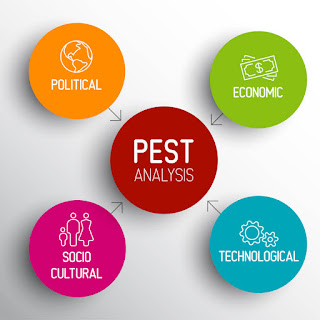
The Advocate: Supporting the Patient Voice, is a syndicated market research product powered by The Brooks Group that conducts a study of the relationship between patient advocate groups and pharmaceutical companies. We placed particular emphasis on the changes that this relationship has undergone as a result of the COVID-19 pandemic. Below is a summary of some of our most pertinent findings.
Gaps Identified Through the Advocacy/Pharma Partnership
• COVID-19's Impact on Patients
35% of respondents indicated that COVID-19 was a ‘very big issue’ in terms of its impact on their patients’ medical adherence, with 59% reporting that missed preventative appointments had the biggest impact.
• What Organizations are Doing to Dissuade Fear from Seeing Physicians
63% of respondents provided information to patients to help convince them that it was safe to see their physician during the COVID-19 pandemic, while 33% chose to improve access to virtual support groups and other online tools and 24% encouraged patients to make telemedicine appointments instead.
• Working Together to Ease the Burden of Non-Medical Switching
82% of respondents indicated that non-medical medication switching was either a very big or moderate issue for their patients, but only 52% said their organization is actively working to combat this problem.
• What Organizations are Doing to Support Patient Caregivers
88% of respondents indicated that caregiver burnout was either a very big or moderate issue for their patients. 45% also said their organization provided information to support caregivers while 31% provided support services or counselling to caregivers.
• What Pharma Should Do to Support Patient Caregivers
30% of patient advocates would like to see pharmaceutical organizations provide more education to support caregivers, while 21% would like more grants and funding to support caregiver programs.
Best Practices in the Advocacy/Pharma Relationship
• What Has “Good” Looked Like When Interacting With Pharma?
Of the pharmaceutical companies that advocacy organizations identified as having had ‘good’ interactions with them during the pandemic, 32% offered funds, 29% offered timely and accurate information, and 28% reached out early and without prompting.
• Factors Driving Corporate Reputation
Respondents were asked to assign companies a corporate reputation score based on factors such as how committed they were to helping patients and how easily organizations were able to communicate with the leadership within each pharmaceutical company. Janssen and Sanofi placed first in 3 out of 7 metrics each, with Janssen achieving a slightly higher overall average (5.24 vs 5.22).
• Industry Leaders in Corporate Reputation
Janssen held onto the number-one rank in overall corporate reputation for the third year in a row, but their score dipped slightly from 5.33 in 2018 to 5.24 in 2019. Meanwhile, Sanofi demonstrated strong improvement, surging from seventh to second place with just two fewer points than Janssen (5.22). Merck dropped from fifth to tenth place with a 2019 score of just 4.53.
• Industry leaders in Corporate Reputation by Therapeutic Area
Biogen Idec enjoyed a peerless reputation in the Rare Disease category with a perfect 7.0 score, while Sanofi took the top spot in both the Cardiovascular and Respiratory categories. Overall, 21 different companies placed somewhere in the top three spots for all therapeutic areas.
This blog was originally posted on https://thebrooksgrouponline.com/2021/06/pharmaceutical-companies-patient-advocacy-work-together-through-covid/









